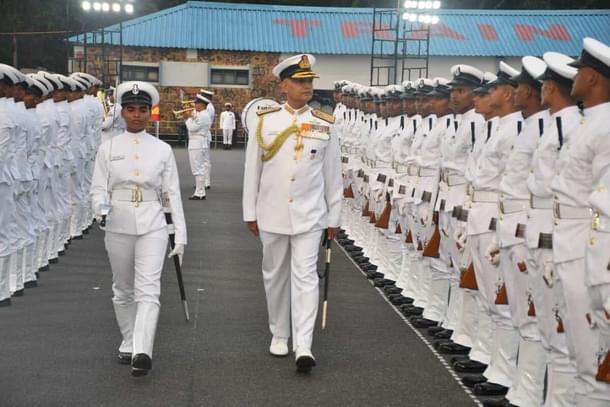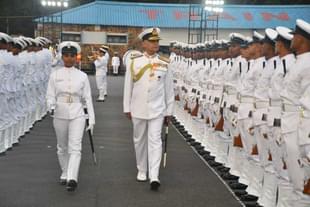Defence
Despite Facing Tremendous Pressure, Government Still Has No Plans For A Shake-Up In Agnipath Scheme
Ujjwal Shrotryia
Sep 05, 2024, 12:16 PM | Updated Sep 06, 2024, 05:49 PM IST
Save & read from anywhere!
Bookmark stories for easy access on any device or the Swarajya app.


Despite facing opposition, the government is steadfast in its support of the two-year-old Agnipath recruitment scheme and has no plans to change it.
The recruitment scheme faced significant opposition when it was first introduced two years ago, in 2022. At the time, it faced protests from youth in Bihar, Uttar Pradesh, and Haryana. Several political parties, including some within the current government, have asked for changes to the scheme, with some opposition parties, like Congress batting for the scraping of the entire scheme.
Rumours of a change in the scheme grew stronger just after the election results, as many allies of the government had favoured for change in the scheme.
However, it now seems that the government is no longer inclined to modify the scheme. According to a report by Hindustan Times citing unnamed officials stated that, "making any changes to the scheme will go against the grain of what it seeks to achieve, and endanger India’s security interests."
The report adds, “the scheme is at the core of our strategy to counter China," adding that “the army needs young men to fight in those rugged mountains along the contested border. The average age of our infantry soldiers is 29 but we need them to be closer to 21.”
The official further adds, “I am consciously saying infantrymen because you can’t even take tanks or other combat vehicles to some of those heights. It has to be men carrying heavy loads on their backs, men capable of physical fighting at that altitude.”
“There are only two ways to bring down the average age of soldiers — by short-term induction or conscription. In a place like India, and with our huge population, we do not need to have conscription like Israel does. So short-term induction through Agnipath is the way to ensure that the army has young men at the peak of their physical fitness,” the official said, explaining the reason for retaining the scheme.
This was alluded to by Prime Minister Narendra Modi when he spoke in Dras at an event celebrating the 25th anniversary of India's victory over Pakistan in Kargil.
He then said, “Discussions on reducing the age profile of the armed forces had been going on for decades, but there was no political will to make this happen. The average age of Indian soldiers was way more than the global average, and that was worrisome.”
The scheme entails recruiting youths in the age bracket of 17 to 21 years for a total of four years of service.
At the end of the four-year period, 25 per cent of the top-performing recruits will be retained, while the remaining 75 per cent will be let go with a lump sum amount of 12-13 lakh credited to them at the expiration of their term.
Staff Writer at Swarajya. Writes on Indian Military and Defence.





